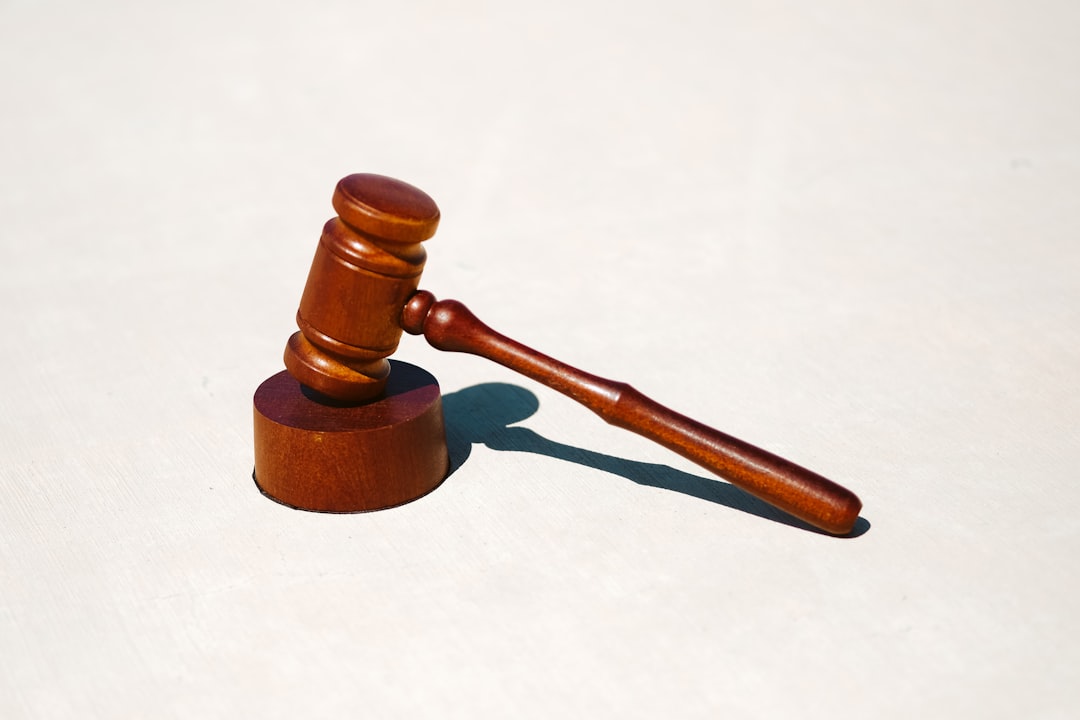In Dunwoody, Georgia, cross-examination is a crucial tool for sexual abuse lawyers, who use strategic questioning to expose witness inconsistencies and biases during sensitive trials. Skilled attorneys navigate emotional complexities by interpreting body language, ensuring a fair outcome. This process involves meticulous examination of witnesses' backgrounds and potential biases, aiming to challenge testimonies fairly and protect victims' rights.
In Dunwoody, Georgia, sexual abuse trials demand meticulous strategies, with cross-examination playing a pivotal role in seeking justice. This article equips sexual abuse lawyers with essential techniques and insights for navigating complex cross-examinations. We delve into the fundamentals, exploring legal principles and rules of evidence specific to these cases. From challenging witness credibility to leveraging prior statements, we provide practical strategies. Additionally, we emphasize ethical considerations, guiding lawyers in maintaining professionalism while ensuring a fair trial. Armed with this knowledge, sexual abuse attorneys can advocate effectively for their clients.
Understanding Cross-Examination in Sexual Abuse Trials

In the intricate landscape of Dunwoody, Georgia’s legal system, cross-examination plays a pivotal role in sexual abuse trials. This strategic process involves questioning a witness, often the alleged victim or accused, to challenge their credibility and the validity of their testimony. It’s a delicate dance, requiring a skilled sexual abuse lawyer to navigate the sensitive nature of these cases while aiming to uncover discrepancies, inconsistencies, or potential biases.
Effective cross-examination in sexual abuse trials demands a deep understanding of not only the facts but also the emotional nuances involved. Lawyers must be adept at reading body language, identifying stress indicators, and recognizing when a witness may be swayed by suggestion. By utilizing specific questions and strategic techniques, legal professionals can help ensure that the jury receives unbiased, accurate information, ultimately facilitating a fair and just outcome in these challenging cases.
– Definition and purpose

Cross-examination is a critical component in Dunwoody sexual abuse trials, where skilled legal professionals employ strategic techniques to uncover truths and challenge testimonies. This robust process involves questioning witnesses, particularly the accuser and the defendant, to assess the credibility of their statements and gain insights that may sway the jury’s verdict. A sexual abuse lawyer in Georgia meticulously scrutinizes every detail, aiming to expose inconsistencies, contradictions, or any factors that might impact the witness’s reliability.
By delving into the witness’s background, prior experiences, and potential biases, the cross-examination process reveals hidden nuances and complexities. This strategic interrogation is not merely about disproving allegations but ensuring a fair trial where every piece of evidence is rigorously evaluated. A competent sexual abuse lawyer in Georgia uses this technique to navigate the intricate web of emotions and memories involved in such cases, ultimately guiding the jury towards a well-informed decision.
– Legal principles governing cross-examination

In Dunwoody, Georgia—a city known for its legal expertise and high-stakes cases, including many sexual abuse trials—cross-examination is a critical component of trial strategy. Legal principles governing this process ensure fairness and aim to unearth the truth. The primary goal is to challenge the credibility of witnesses and test the strength of their testimony, which is essential in cases involving sensitive matters like sexual abuse.
A sexual abuse lawyer in Georgia must adhere to strict rules during cross-examination, ensuring that questions are relevant, non-leading, and based on evidence presented. They must avoid suggestive questioning, which can lead to inappropriate assumptions or biases. By following these legal principles, attorneys can effectively navigate the delicate balance between uncovering crucial facts and respecting the rights of all parties involved, particularly the victims of sexual abuse.




